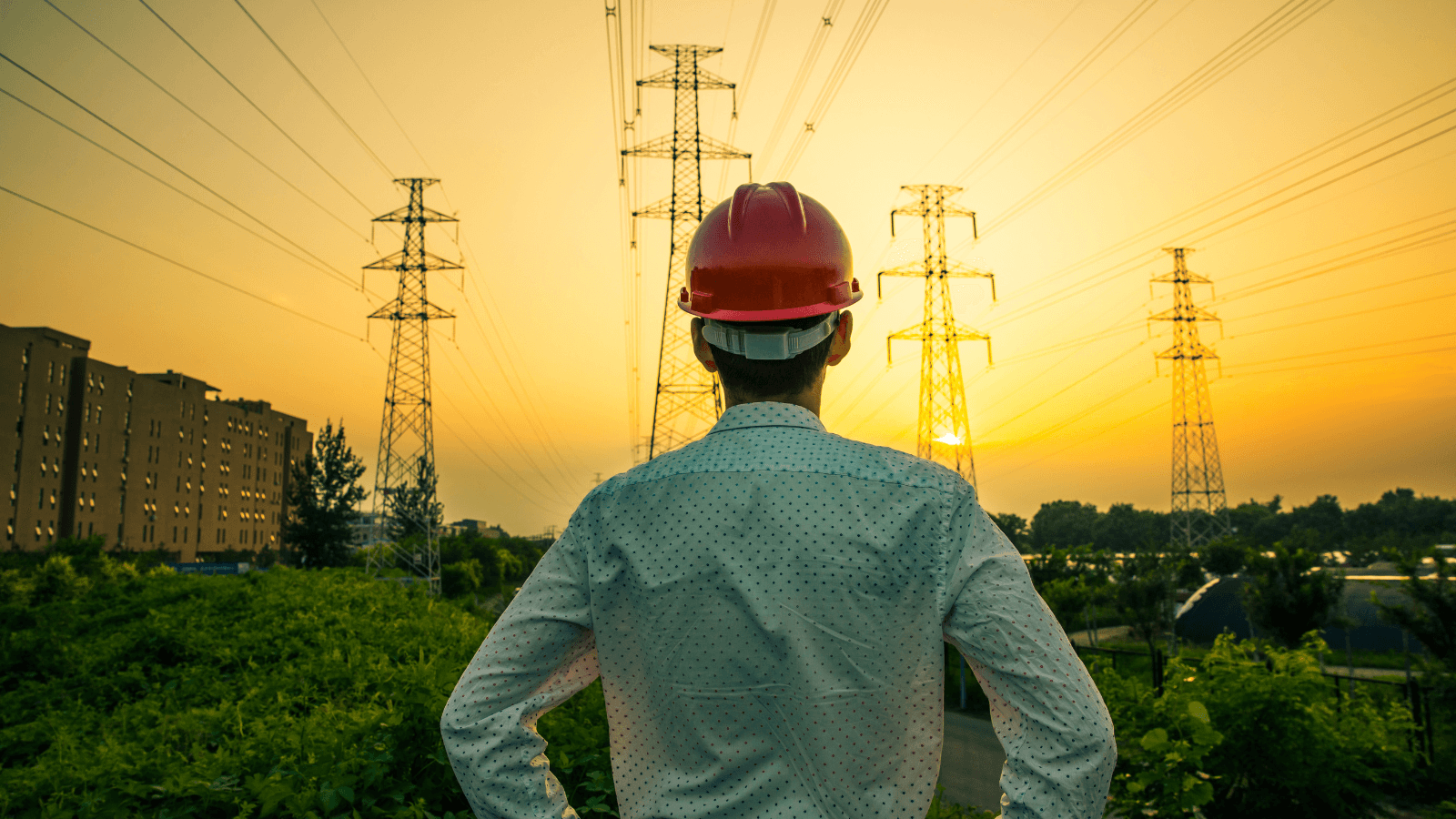Nov 4, 2021
“I do therefore invite my fellow citizens in every part of the United States, …to set apart and observe the last Thursday of November next, as a day of Thanksgiving…”
President Abraham Lincoln, October 1863
It’s early November and the weather here in the northeast has finally turned cooler after an unusually warm fall season. When I came home Sunday evening after some errands, I was greeted with chilly air inside as I unlocked the front door and walked into my 120-year old house. Straight to the thermostat and I saw that the temperature had dipped down to 61° F, and I was forced to admit the time had come – I had to turn on the furnace. For those of us living in the cooler climates and who are energy conscious (and cheap!), it is an annual sense of surrender and defeat when this event occurs.
Whether you are dealing with cooler temperatures and home heating bills like me or keeping your house comfortable and cool during 80° F November days (for all my friends in Austin), many of us take for granted that our energy needs will be met. We flip a switch and the lights turn on; we fill our gas tank ready for the work week ahead (or better yet, a weekend road trip!); we enjoy the latest episode of our favorite show, knowing that our television, laptop, or tablet will all have the power needed to give us a night of relaxation; we grab a cold beverage from the fridge or warm up with a hot cup of cocoa without giving a thought to this luxury. For those of us in the developed world, we forget that the convenience of energy that we enjoy each day is a luxury.
The What Powers The World lesson in the Switch Classroom Energy Fundamentals Unit, Making and Using Energy topic, challenges students to identify all of the many ways that they use energy in their daily lives. Each year when students watch the video in that lesson, Electricity Powers Our Lives, they are most surprised by the fact that nearly 20% of all of the electricity produced is used for lighting! The lesson includes a writing activity in which students contemplate their own energy use and conservation practices and also poses a question that inevitably leads to a lively discussion: “Does individual behavior matter?” I find this lesson to be a great entry point into the topic of energy in both my AP and IB (International Baccalaureate) Environmental classes as well as my physics classes.
And while my students contemplate where and how they use the most energy and ways in which they can conserve, nearly ⅓ of the world does not have access to reliable sources of energy. Switch Classroom includes thought-provoking lessons on energy poverty (found in the Energy Poverty topic of the Decisions Unit) and meeting the energy needs of the developing world. Just as “enlightening” as the stat about lighting is to my students, realizing that nearly 3 billion people do not have access to dependable energy is equally eye-opening. Even more remarkable is how this affects nearly every aspect of their lives, from financial poverty to education to health care.
Here are lessons that can help you address the issues of energy availability and energy poverty with your students.
Introduction to Energy – Most of us cannot consider a life without energy. This lesson explores how important energy is to our lives.
The Energy Mix – We need energy for many different purposes including electricity, transportation, and heating. Learn how the energy mix varies globally depending on available resources.
What Powers the World – Most of us don’t spend a lot of time thinking about how much energy we use.This lesson examines how electricity makes modern activities possible and our daily lives better.
Consumption – This lesson begins by describing the U.S. consumption of energy and various energy sectors. It explores the factors that influence consumption and how consumption varies globally.
What is Energy Poverty? – For many of our students, the idea of energy poverty is an unfamiliar concept. Dr. Tinker discusses the implications of energy poverty on billions of people worldwide.
Effects of Energy Poverty – Energy poverty is closely linked to economic poverty. This lesson inspects the income levels and energy poverty trends over the last several decades.
The last twenty months have been filled with many challenges but we still have so much to be thankful for. As we head into this month of November appreciating the changing seasons and looking forward to a couple days off school to recharge, I propose that you stop and give thanks; first for family and friends and good health, but also be thankful for all that energy brings to your life. Happy Thanksgiving!
Lynn Kistler
Chair Switch Energy Alliance Teacher Advisor Council
Upper St. Clair High School, Pittsburgh, PA
Science Teacher: Environmental Science, Physics, Chemistry


